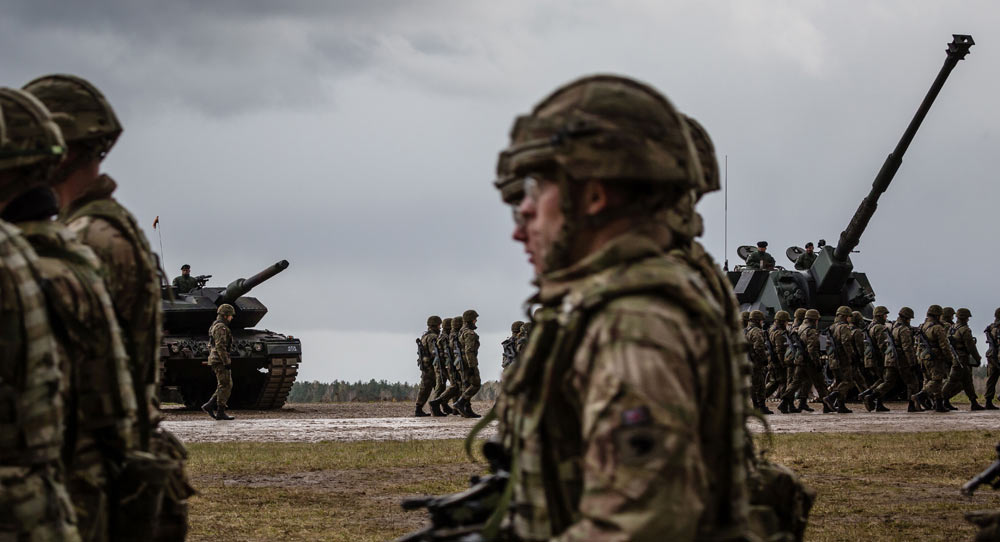Registration
You will receive an email confirming your registration.
Russia’s annexation of Crimea and its invasion of eastern Ukraine unified NATO and prompted allies to beef up defenses. But the process of strengthening the alliance’s Eastern flank is far from over. To complete it, the alliance needs to develop a comprehensive, long-term strategy toward Russia based on unity, deterrence, and resilience.
Carnegie Europe’s Judy Dempsey discussed the latest developments on NATO’s Eastern flank and the alliance’s future relationship with Russia at an event hosted by the German Council on Foreign Relations in Berlin. Dempesy was joined by CISP research associate Tobias Bunde, DGAP’s Christian Mölling, and Polish analyst Eugeniusz Smolar.
The event was held in English. A light lunch was served as of 12:30 p.m.
JUDY DEMPSEY
Judy Dempsey is a nonresident senior fellow at Carnegie Europe and the editor in chief of the Strategic Europe blog. Follow her on Twitter @Judy_Dempsey.
TOBIAS BUNDE
Tobias Bunde is a research associate at the Centre for International Security Policy (CISP) at the Hertie School of Governance. Follow him on Twitter @TobiasBunde.
CHRISTIAN MÖLLING
Christian Mölling is the deputy director at the research institute of the German Council on Foreign Relations (DGAP). Follow him on Twitter @Ce_Moll.
EUGENIUSZ SMOLAR
Eugeniusz Smolar is a board member at the Center for International Relations. Follow him on Twitter @esmolar.
This event was supported by NATO’s Public Diplomacy Division.
